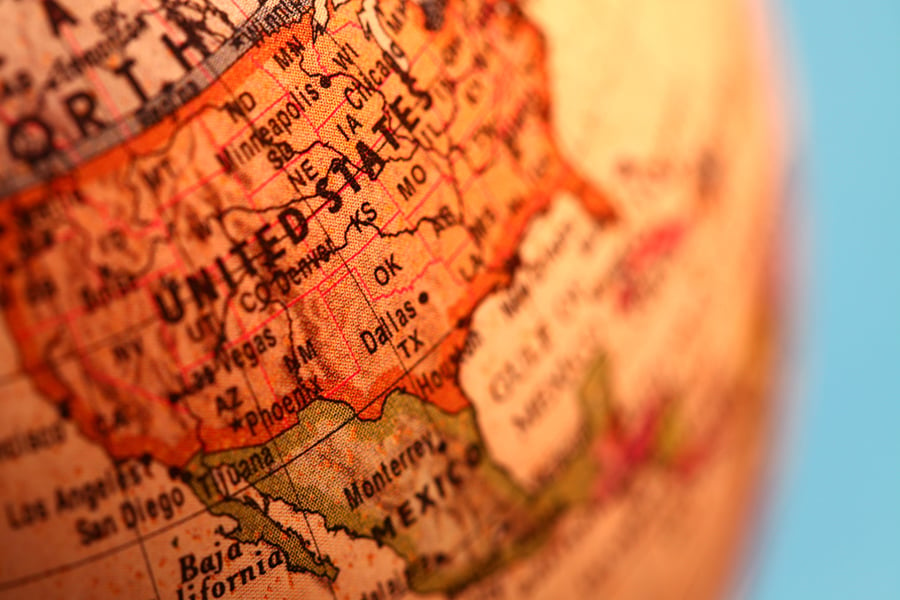

Captain America is falling when it comes to retirement security.
The United States dropped a spot to place 18th for retirement security in the Natixis Investment Managers' 10th Annual Global Retirement Index released Tuesday, while Norway grabbed the top ranking after spending four years in third place. Iceland, which has topped the survey since 2018, fell two places to third and Switzerland stayed put in second place.
Rounding out the top ten are Ireland (fourth), Australia (fifth), New Zealand (sixth), Luxembourg (seventh), Netherlands (eighth), Denmark (ninth) and the Czech Republic (10th). Germany and Canada, meanwhile, fell out of the top 10 in this year’s ranking, sinking to No. 11 and No. 15, respectively.
U.S. retirees were affected by sharp increases in food, gas, housing and medications in this year’s index, which bases its scores on each country’s performance on four sub-indices: finances in retirement, material well-being, health and quality of life.
“Getting retirement security right so that people can live with dignity after their working years is a core sustainability issue for society and one of the most important mandates for governments and the financial industry,” Liana Magner, executive vice president and head of retirement and institutional in the U.S. for Natixis Investment Managers, said in a statement.
Magner added that the index provides “insight into the levers that can drive or diminish the well-being of retirees, and it serves as an important benchmarking tool for policymakers, employers, financial professionals and individuals.”
As for the four sub-indices, the U.S. ranked 11th for finances in retirement, 17th for health, 21st for quality of life and 30th for material well-being. The overall U.S. score declined to 69% from 72% a year ago, partly because of relative improvements in other countries that pulled them ahead in the index. (Ireland in particular stands out, with the Emerald Isle having posted the biggest gain in the index's ranking over the past 10 years, rising to fourth place from 38th in 2012.)
According to the survey, the overall U.S. score was particularly weighed down by tax pressure, old-age dependency and higher government debt. The U.S. score for government indebtedness has declined by 60 percentage points, from 87% in 2012 to 27% in 2022, the sixth lowest score among all GRI countries.
Dave Goodsell, executive director of the Natixis IM Center for Investor Insight, said 2022 was challenging for retirement security across the globe, primarily as a result of the “long-sleeping giant” of inflation and central banks’ attempt to combat it.
“The rate hikes the Federal Reserve and other central banks have implemented to quell inflation further compound the problem, creating short-term pain for retiree portfolios. Investment strategies, financial planning, employee benefits, and policy considerations will all need to factor in a new funding equation that accounts for inflation, interest rates and increased longevity,” Goodsell said.

Relationships are key to our business but advisors are often slow to engage in specific activities designed to foster them.

Whichever path you go down, act now while you're still in control.

Pro-bitcoin professionals, however, say the cryptocurrency has ushered in change.

“LPL has evolved significantly over the last decade and still wants to scale up,” says one industry executive.

Survey findings from the Nationwide Retirement Institute offers pearls of planning wisdom from 60- to 65-year-olds, as well as insights into concerns.
Streamline your outreach with Aidentified's AI-driven solutions
This season’s market volatility: Positioning for rate relief, income growth and the AI rebound
